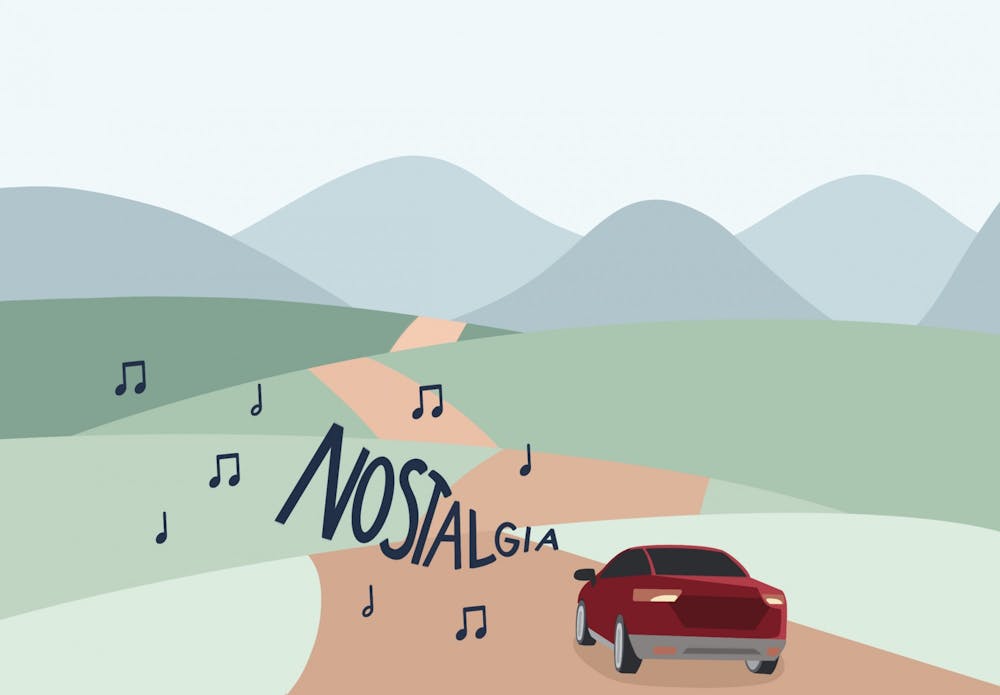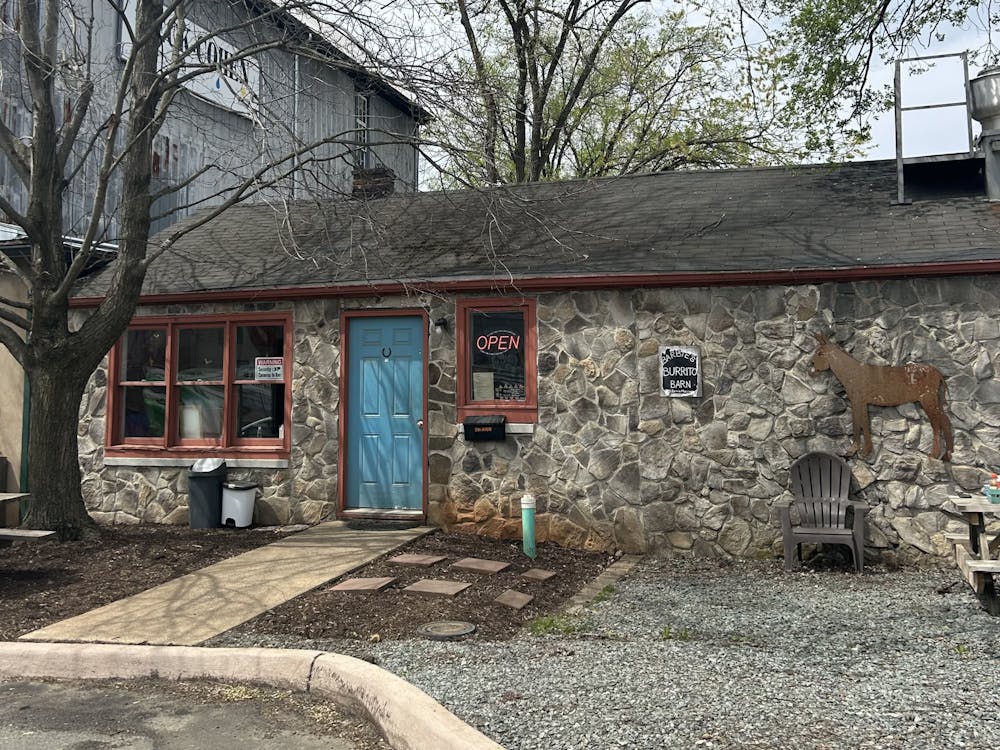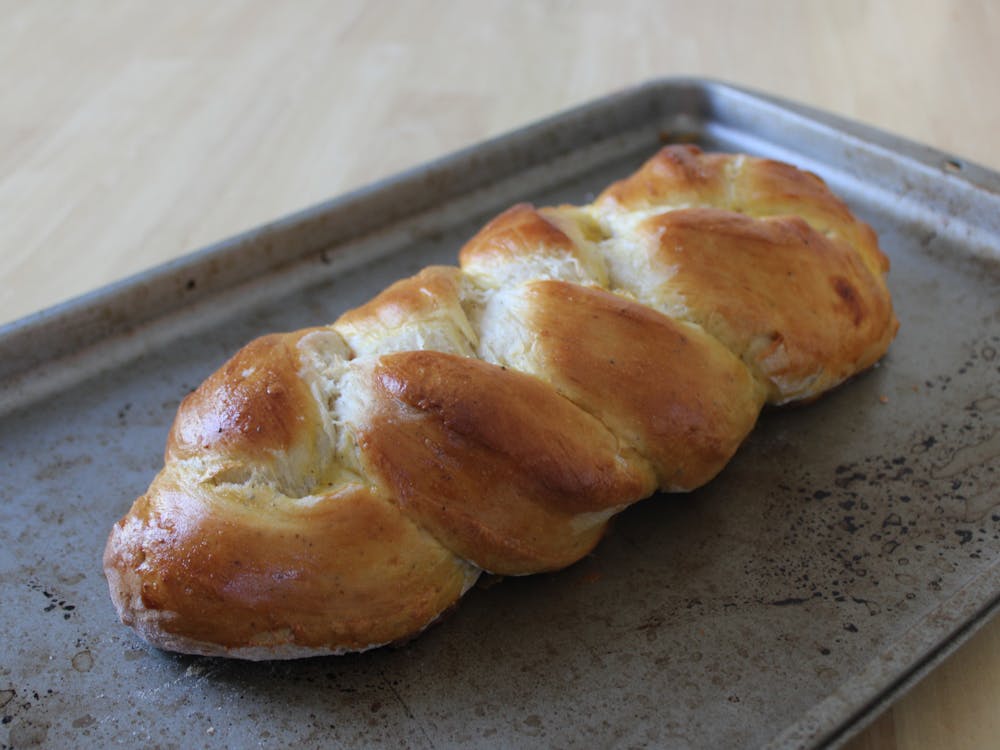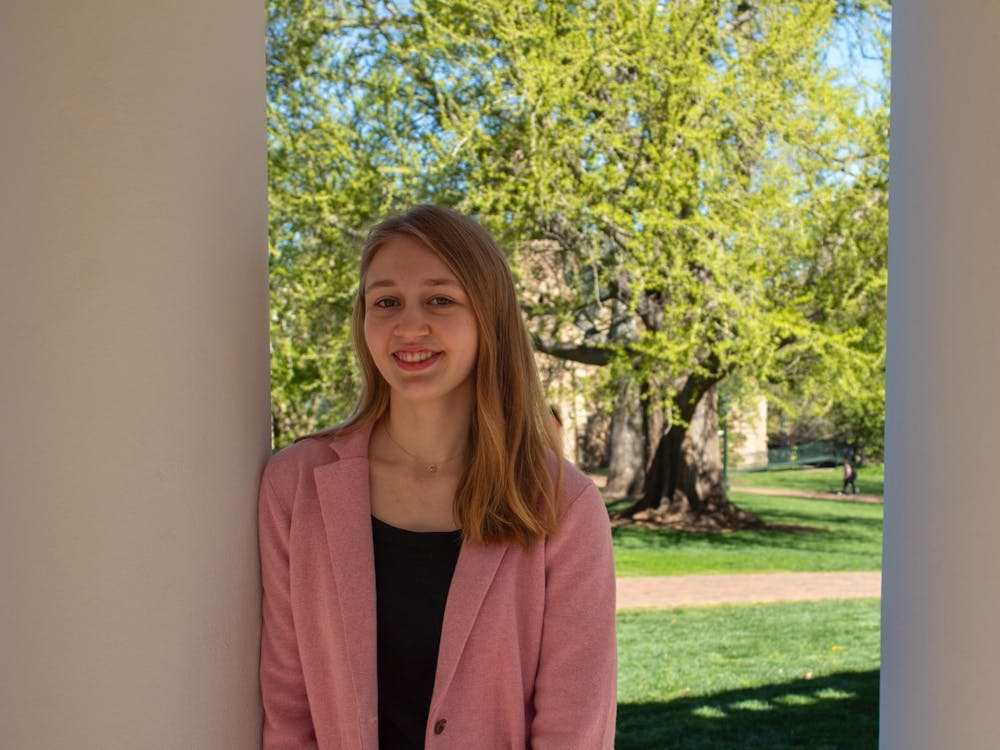Everyone has confronted their own specific emotional strife over the past year — the pains of COVID-19’s mental trail have been acutely tangible and equally unique. Despite experiencing the universal pains of this pandemic, I have also come to understand that it is the little things which possess the greatest power to sting us. As days, weeks and months pass by me, it is in the minutes and hours that my greatest misfortunes have been attentively felt — within these moments, feelings of despondence seem to oppress me. Upon recent reflection, I have felt this rattling pain — a craving for music, specifically music that innately demands dancing.
The most acute sting of this musical deprivation hit me at an unexpected moment. I was sitting in my Wednesday 5 p.m. discussion with Josephine Adams — my History of Literatures in English TA who is way cooler than I’ll ever be — and we got to discussing T.S. Eliot’s “The Waste Land.” This poem is no simple feat of understanding, and so we approached it like a puzzle — on this day the pieces were put together in the poem’s first stanza. Josephine delved into the idea of nostalgia, a complex emotion — a deja vu of sorts — that is equally taunting and exhilarating. She went on to describe the etymology of the word itself, explaining how the term “nostalgia” was invented to link “nostos” and “alga,” the Greek words for “homecoming” and “pain.”
Our small, seven-student discussion further grappled with this “nostalgia,” understanding its meaning in relation to T.S. Eliot’s shrewd depiction of the slow soreness of seasonal transitions. I was prompted to reflect on transitions more generally, and I recognized the pandemic’s period of oblivion as mimicking Eliot’s own skirmish with the lethargic movement of time. Eliot’s poem makes it clear that the pains and joys of seasonal transition are pointedly reflective, and the ways in which I have engaged in this emotional reflection over the past year keenly parallel nostalgia. I sat in pondering silence, realizing that my most profound experience of nostalgia was invariably linked to music.
Promptly after our discussion had concluded, I looked to Ande, my classmate and roommate, and asked if she wanted to go for a drive. With little opportunity to listen to music at high volumes, and even less opportunity to do so with others, my car has become a source of blaring solace — a vessel through which to drown my ears with songs of my present and past. We got in the car, connected my phone to Bluetooth and did not say a word until we had cruised miles away from central Grounds. The songs that we played were distinctly attached to our previous semesters at the University, and vivid memories welled up inside of me.
We drove nowhere but went everywhere at the same time — these sounds of reminiscence should be categorized in relation to the powerful emotions they evoke and the time travelling capacity that they manifest. A profounding pit brimmed in my stomach as we listened — through each of these songs I was mentally transported to specific moments in which my self-identification was undoubtedly different. It became clear to me that the nostalgic sting of music results from an understanding that — while I listened to these same songs that I loved long ago — the person that I am now is different from the person I was then.
In this nostalgic moment of realization, I reflected on the past year — all of the things that have occurred and all of the things that were abruptly adjourned. As one of my current favorite songs played — “Summer 91” by Noizu — the lyrics that roared through my speaker hit me, and the words felt wildly applicable — “When you don’t realize you’re in the moment until it’s a memory.” Despite my own annoyance with the lethargic movement of time during the COVID-19 pandemic, a year had already passed, and I’ve found that so much of my current situation is defined in relation to my memory of the recent past.
In music, a period of in-between can be referred to as an “interlude,” an instrumental break that forces the listener to patiently mull over the sounds and words that preceded this moment of pause. As this pertains to my own life, this in-between can be understood in relation to the COVID-19 pandemic. As we slowly transition to periodic glimpses of pre-covid normalcy, I am halfway between feeling the strife of this past year and my own hope for an optimistic future. It may not be the best part of a song or an album — COVID-19 is definitely not the highlight of my college experience — but it is there for a reason, and sometimes you have to find a way to dance in the interlude. The coronavirus interlude has challenged me to see things in a different way — to use my car as a boombox and my bedroom as a dancefloor.
Just as I have come to understand the little things as having the greatest potential to sting, I have indeed found the greatest joy in capitalizing on the little things that lie within my control. There is a reason that a synonym of “sting” is “inspire,” and the most important lesson I have learned in the past year is that shifting perspective is everything. So, to conclude this rumination of nostalgia, music and living medially, I suggest that you listen to nostalgic music of your past — it will remind you of your growth — however imperceptible it may have been to you.
Willa Hancock is a Life Columnist for The Cavalier Daily. She can be reached at life@cavalierdaily.com.





